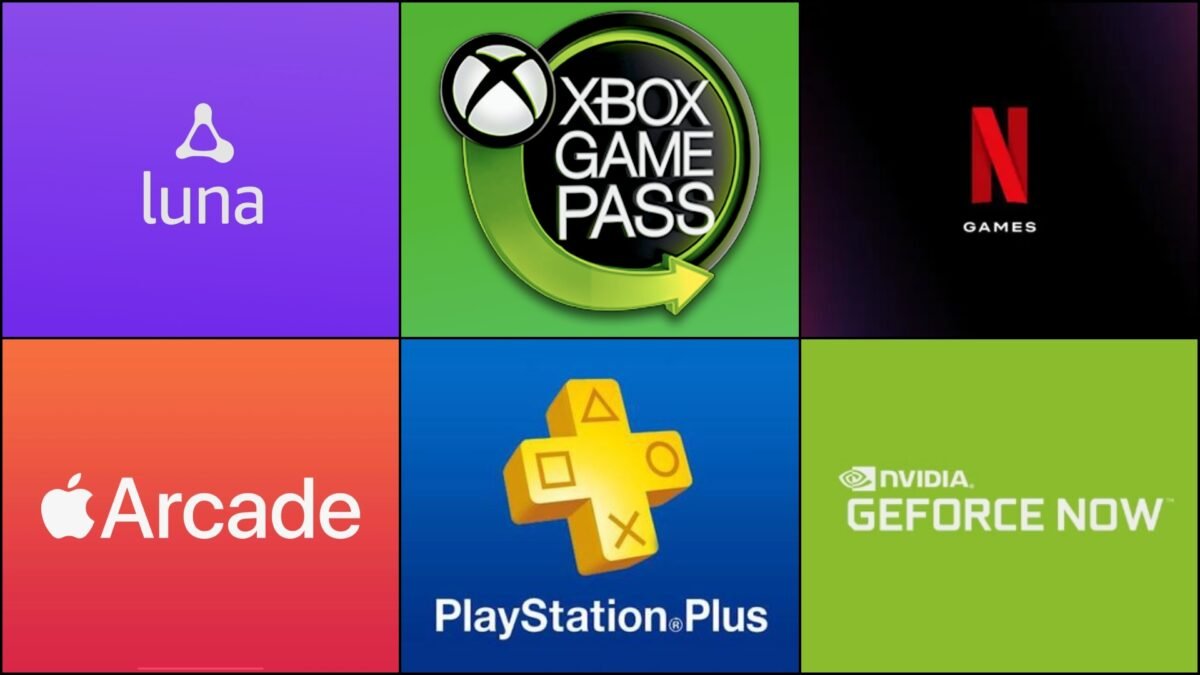We’re at a point in television where almost everyone is aware of the subscription service model. The early players of TV subscriptions, like Netflix and Hulu, are now household names that everyone recognizes, whether they partake in the services or not. We’re clearly well past the age of cable and satellite dominating the conversation for television programming, with almost every major network making up their own apps and hiding their content away behind their own individualized offerings—all for the low, low price of whatever per month.
And while we regularly hear people complaining about not being able to access their favourite shows unless they have five or more different subscription services, we haven’t seen that same issue in the games industry yet, all while the major console manufacturers, some publishers, and several other tech companies all have their own models getting put into place, with more and more popping up (or failing) every year.
Understandably, game subscription services haven’t been a topic of complaint because there is still parity with titles being offered in multiple places rather than being stowed behind paywalls. However, if you really take a closer look, it quickly becomes clear that the direction we’re heading is similar in nearly every way to how things went down with TV subscription services while also adding an extra level of concern via console exclusivity.
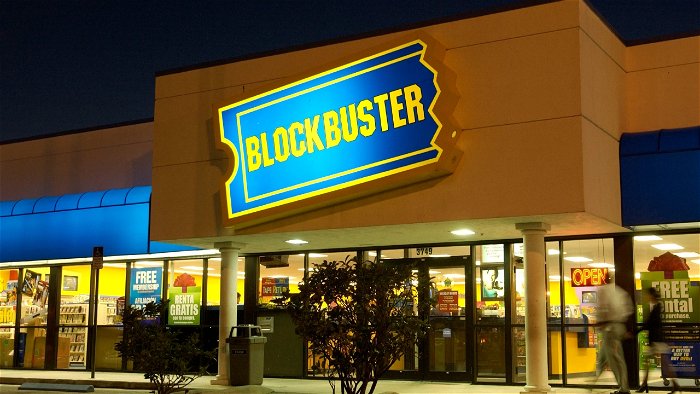
When Netflix first took off in its more modern form, there were fewer options in television. Consumers regularly purchased movies and TV shows and placed them on shelves. Cable and satellite providers still offered all of their normal channels and packages for people looking to watch the usual lineup of shows. If you wanted to rent a movie, you could still drive down to the local Blockbuster and grab something for the weekend. And even Redbox started offering its own version of the movie rental service with its vending-machine model.
“Tech juggernaut Microsoft allowing all of their first-party offerings to be available on a subscription service is revolutionary in gaming.”
While most of those options are still available, we have seen a clear shift in thinking among consumers about how they would like to spend their money, much like we saw in the music industry. A more digital future is upon us, where rarely do I hear friends talk about renting something unless it’s over Amazon or Google, and most people I know have long gotten rid of the movies lining their shelves in order to move to either digital libraries or simply just being okay with whatever is available on Netflix from month to month. The evolution of internet speeds and Smart TVs have made things much quicker and simpler for consumers—that’s the key.
We are already seeing it with—most predominately—Xbox Game Pass. Tech juggernaut Microsoft allowing all of their first-party offerings to be available on a subscription service is revolutionary in gaming. No longer continuing to push $60 or $70 games onto consumers, instead offering them a one-stop shop for some of the biggest titles. This is so significant that Sony is starting to head in the same direction with PlayStation Plus. Available on day one—no wait, quickly download it and go. Sound familiar?
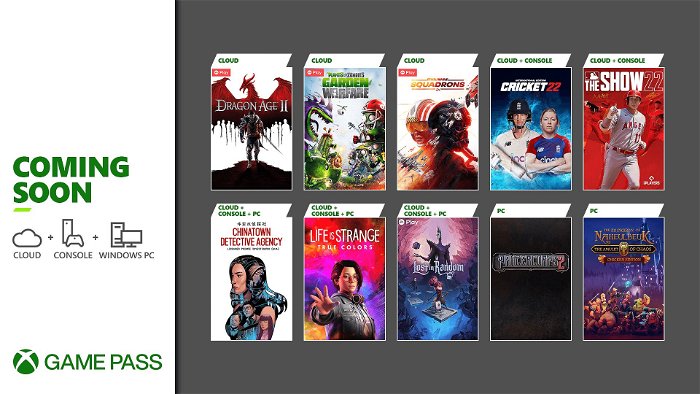
We’re still early on, but you can start to see the blueprints coming together. And while Xbox Game Pass is being praised—and rightfully so, as it’s a great service—it takes us on the same trajectory as the dozens of TV subscription services on the market. And while most gamers might not recognize it yet, most of the major players are already getting primed with their own services for this future. Nintendo rounds out the console manufacturers with its retro offerings attached to the online services, but there are WAY more.
Starting in the mobile space, Apple Arcade is a genius way to get people away from the App Store and towards a curated set of games that they can put a stamp of approval on for consumers to jump right into. Taking into account Netflix is also in this space, with mobile titles available to download on iOS and Android, and you see two big players with experience sitting in the wings waiting for an opportunity. Netflix has also admitted they are pushing into cloud gaming, where the internet processes much of what hardware normally would, with a game plan to get Netflix games on all devices.
With the recent push for cloud-processed gaming by several other companies, we are right around the corner from consumers being able to grab a controller, sit in front of their TV, and jump into the biggest titles on the market without needing a high-end PC or expensive game console to process the experience in front of them. It’s that ease of use that will pair nicely with a large number of subscription services already available for video games, which is something I think consumers need to start getting more prepared for.
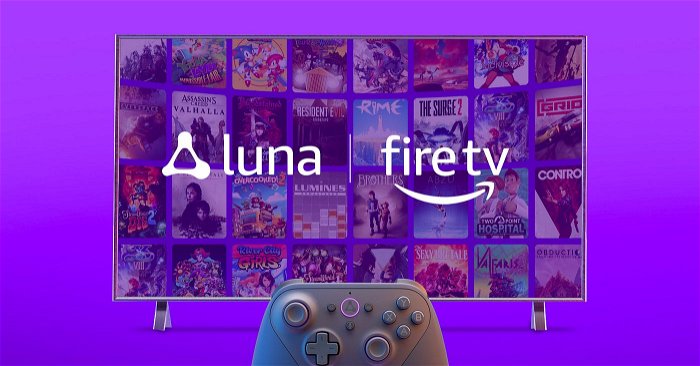
Amazon Luna is a straight-up Netflix subscription for games, with a few titles on offer to all Amazon Prime members and a larger catalogue available for a monthly fee. And with the number of devices you can find Amazon attached to (Roku, tablets, etc.), it’s a service that will only get stronger. Especially when you realize they have also made a push into creating their own games as well, even if they haven’t been incredibly successful in that space thus far.
NVIDIA is also pushing cloud gaming—along with their hardware expertise—with their GeForce Now subscription, which works much like Amazon Luna but is pushing for better, more stable streaming on the technical side of things. While all of these offerings by themselves aren’t all that scary or surprising, it’s the publishers jumping on board as well that makes things a bit more tricky.
Ubisoft has its Ubisoft+ subscription, and EA Play is available as well, making its library available for users, again, at a monthly fee. While these two are currently partnered up with Amazon Luna and/or Xbox Game Pass, that doesn’t mean that agreement will last indefinitely.
The pairing of better technology and faster internet speeds has some companies really looking into cloud gaming, which could make consoles obsolete in the future. Again, not a bad thing necessarily, but when you start taking the more prominent companies buying up studios and IPs for their own services and pair that with everyone being focused solely on their subscription services rather than hardware or peripherals, then all of a sudden you have a recipe for several major companies holding their hands close to their chests and needing consumers to cough up fifteen bucks per service to access the games they make, just like every major network is doing in TV.
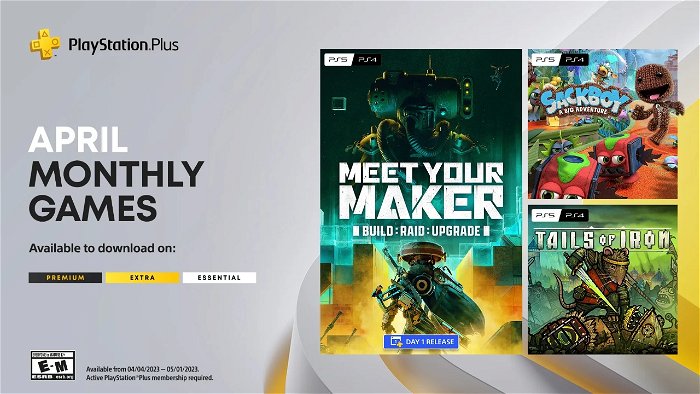
While subscription services stand to save consumers money on hardware and physical games and could be much simpler for everyone, it stands to hurt so many people. Hardware manufacturers right out the gate, but also the smaller game developers who would have to accept a lump sum to get onto a service rather than allowing their titles to stand for sale on their own in a meaningful way. Just like with movies and music, the physical copies and digital sales will probably always be there, but people will move away from them, forcing the companies to follow suit with their focus in order to earn enough to operate.
Even though all of this isn’t necessarily right around the corner, it appears to be happening faster than you’d think. As someone who loves to collect and own copies of games, and with the arguments we have already seen about games being lost forever to the digital future, it feels like we are just seeing that ignored for this mass-market, consumer-driven push towards digital everything—with no real ownership over anything.
There are positives and negatives to a subscription service future, but regardless of where you fall on it, it’s happening.
